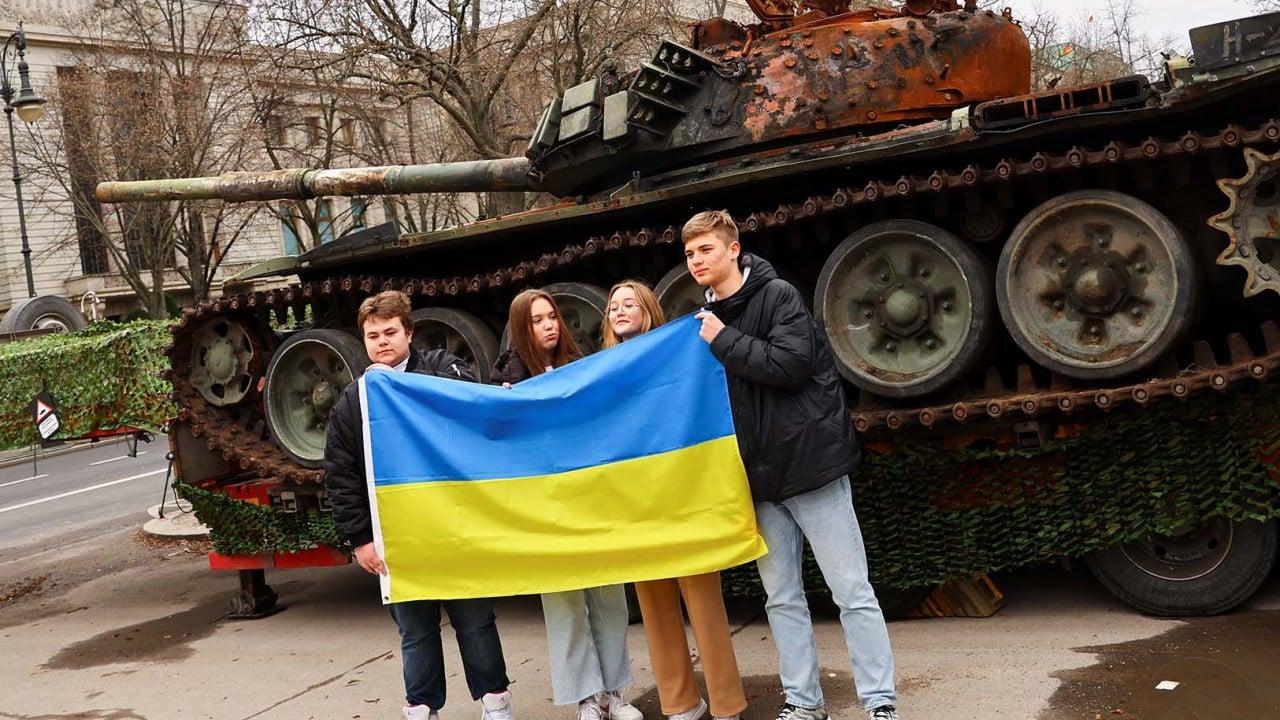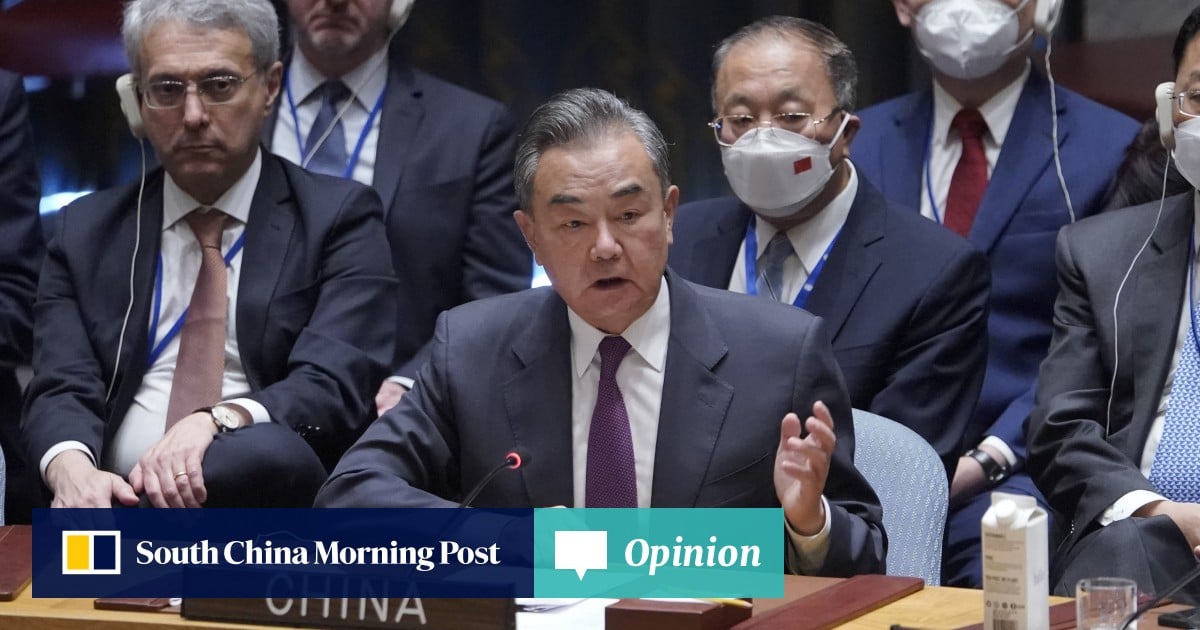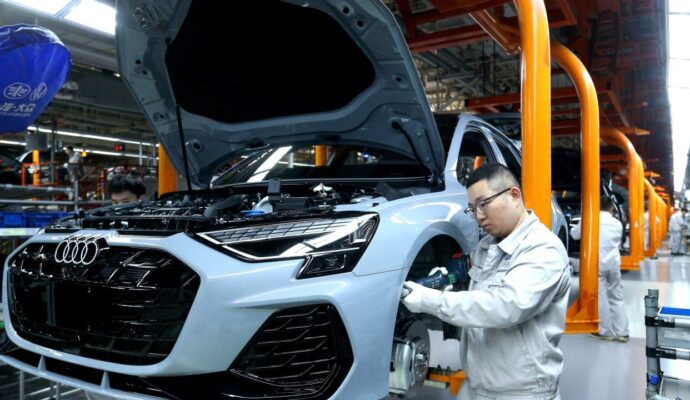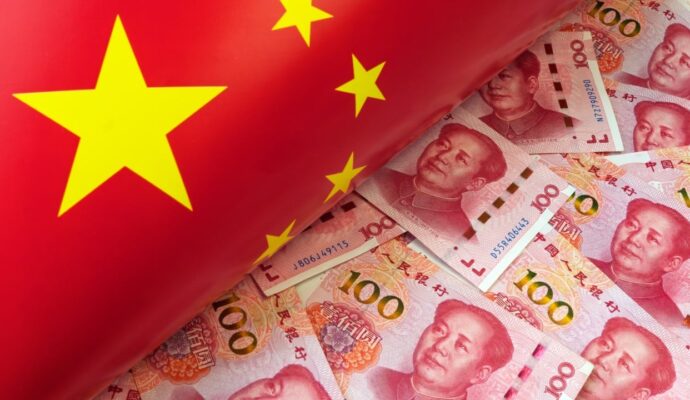

Only if one views Nato’s expansion through imperial policies that predate the UN might one feel it is right to invade a sovereign nation to emphasise one’s rejection of this country’s chosen path.
But this view, often abbreviated by the formula “might makes right”, is not reflective of the spirit and, more importantly, the legal framework of the international order established after the end of World War II.
It is this formula that also supports the view of the People’s Republic of China that Taiwan is a part of its territory. It would therefore be in the vital interest of Beijing, especially in case of a military escalation over the island, to assert Ukraine’s sovereignty now and thereby, at the same time, mark Russia as the transgressor it is.
All the more because when the war against Ukraine started, Nato membership for the former Soviet state was very much not in reach. Some in Beijing may have misinterpreted the situation and conflated economic and political engagement with the European Union with a membership in the transatlantic security alliance.
But they are not the same and do not come in a bundle. Further, Nato does not view China as a threat (language it reserves for Russia, while describing China as merely a “challenge”), unless China finds itself at war with America – an outcome that becomes more likely should Beijing decide to send weapons to the Russian army.
Given the state of the relationship with the US, if China had signalled a route to peace other than the one echoing the Kremlin’s view, it would have helped a great deal in repairing ties. But the closing of ranks between the US and China would first and foremost benefit the people in Ukraine, who have suffered the most from this war.
Washington has shared its intelligence that Beijing is contemplating sending lethal weapons to the battlefield. Not only would such an action be hypocritical – China condemns weapon deliveries by democratic nations to Kyiv – it would also prolong the war that China has said it is willing to help to end.
By sending weapons to Ukraine, countries are fulfilling their duty as laid out in the UN doctrine “Responsibility to Protect”, which demands that help be given to those attacked by other nations through no fault of their own. Bolstering the aggressor with weapons would be the sheer opposite.
And by asking Ukraine and Russia to come together and negotiate, suggesting a potential to cede territory that is illegally occupied, Beijing implies that both parties are equally at fault, equally to blame. This is not the case.
Dr Alexander Görlach is a senior fellow at the Carnegie Council for Ethics in International Affairs in New York

